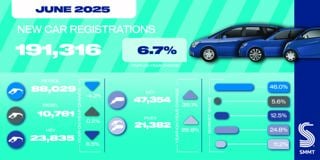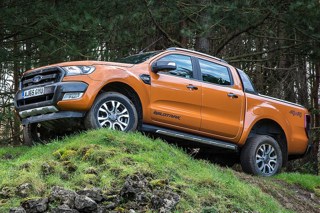Women are gaining increasing power in motoring, a sector traditionally 'owned' by men.
The number of women with driving licenses is now 49.95%. They will exceed men in the next two or three years, according to a report by Frost & Sullivan, launched on June 25 at an urban mobility workshop in London, where it will look at how the empowerment of women is transforming the automotive industry.
In the UK new driving license applications for men are declining whilst those for women have grown by 2.5% during the last three years.
Women are already making more trips and driving more mileage than men.
"Although it is hard to make predictions on trends related to car ownership, it is clear that 80% of car buying decisions are now influenced by women," said Frost & Sullivan's partner and global director Sarwant Singh.
"When buying a new car, women are practical, but they also tend to associate the purchase with aspirations of freedom and independence."
This will mean that all car categories will be more personalised and we will see more customised small city cars.
At the same time, there are trends seeing expansion to segments traditionally dominated by men: SUVs and luxury cars.
"Women prefer small and more manoeuverable vehicles, but they also give importance to design, spaciousness, safety, quality of materials, colour and sustainability," said Singh.
"They like options like park assist, clear lighting for petrol, easy access, integrated systems for mobile devices and entertainment.
"We are convinced that in a few years women will favour cars with advanced systems such as autonomous driving, digital assistants and other health, wellness and well-being features."
Women tend to base their purchasing decision on the status of the car itself or associated values such as comfort and colour, he said.
When it comes to volume brands, women are less likely to associate themselves with a brand, model or car variant (hatchback or saloon, for example).
Luxury brands, however, are a different story with women revealing themselves to be much more susceptible than men to those endorsed by celebrities.
There are factors accelerating this trend.
"There are more women in education today than men in both the developed and BRIC countries (with the exception of India)."
Furthermore, "the pay parity between men and women is decreasing. There are more women with jobs, and even in a developing market like India, this is accelerating rapidly.
"Finally, the number of women millionaires, and their presence in the world's rich list, is also growing exponentially."




















Login to comment
Comments
No comments have been made yet.